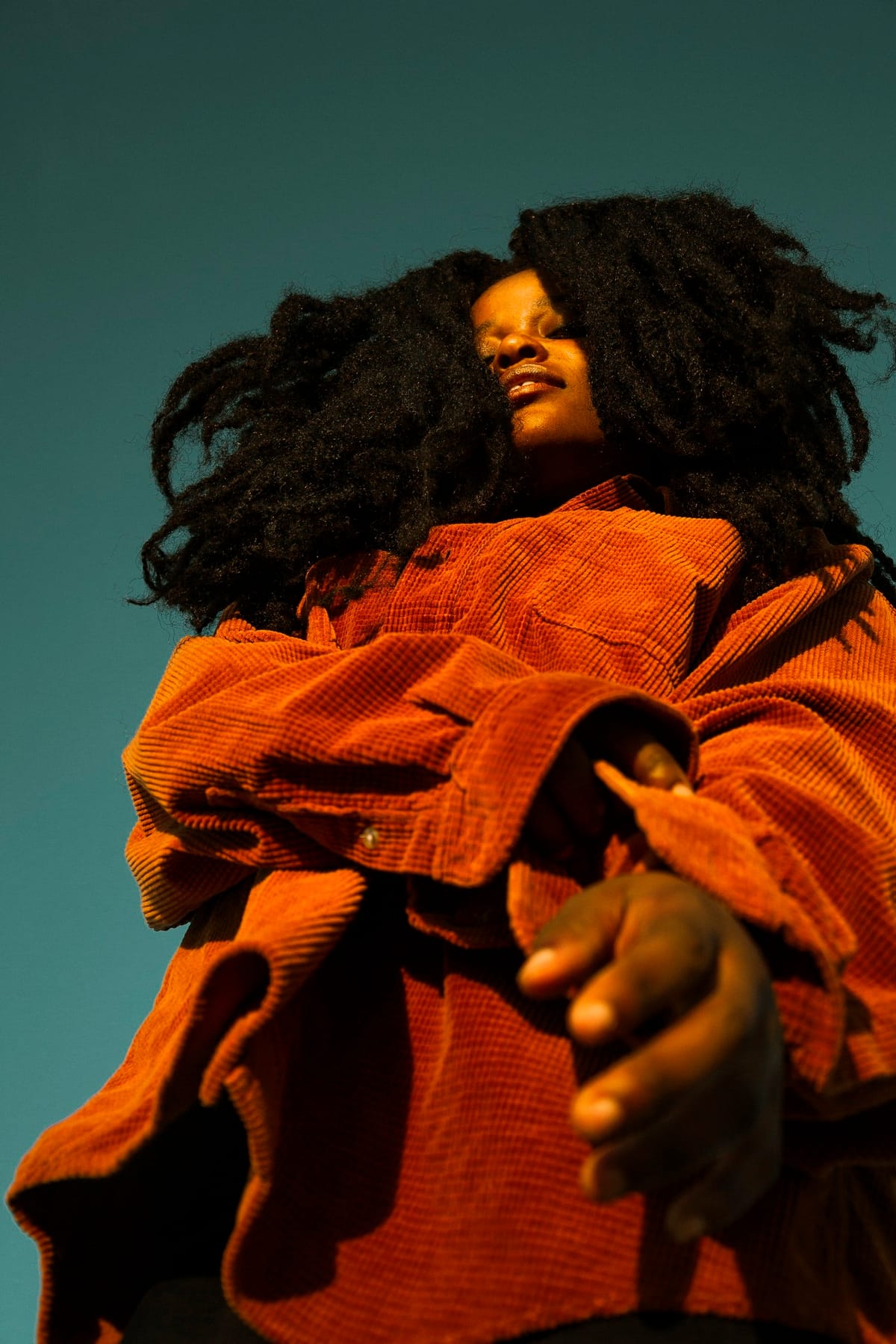
“Feminism” is “really not for most people.”
—Sinikiwe Dhliwayo
While Kimberlé Williams Crenshaw developed the term ‘intersectionality’ to describe the experience of Black women, it is now used more expansively.
“According to Merriam-Webster, it describes "the complex, cumulative way in which the effects of multiple forms of discrimination (such as racism, sexism, and classism) combine, overlap, or intersect, especially in the experiences of marginalized individuals or groups."
And of course, most of us are us are now tacking it on to the word feminism believing that it will make the movement more inckusive.
However, as Sinikiwe Dhliwayo, the founder of Naaya Wellness, a well-being company that centers the experience of folks who are Black, Indigenous, and people of color and Anusha Wijeyakumar, a wellness and DEI consultant, discuss both of the words on the WELL + GOOD podcast, it’s hard but necessary to hear how both of those words land with BIPOC women.
For both women, “the concept of intersectionality has been more meaningful than that of feminism.”
Dhliwayo says:
"In my mind, [the word feminism is] definitely an agent of white supremacy.”
And she questions, “whether there's even room for the word in today's world without it functioning as a toxic form of furthering inequities and injustices.”
For Wijeyakumar:
“Feminism was a word that really centered whiteness, and white women specifically. So, for me, as a highly melanated South Asian woman, I just never saw myself represented in the scope of feminism.”
She adds that Crenshaw’s intersectionality work “has been pivotal to feeling more seen, to feeling more heard.”
Wijeyakumar and Dhliwayo agree “that the term feminism needs reexamining and redefining,” and they agree “a focus on intersectionality should be the priority for all.”
Wijeyakumar concludes that:
“If we can all have a true commitment to unlearning and relearning, we're going to create a world that is more just, that is dismantling systems of oppression, that is focused on altruism versus egoism.”
Editorial

